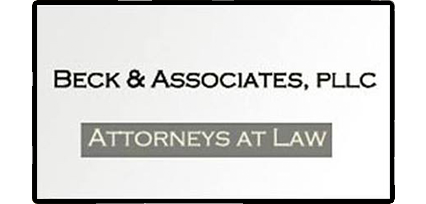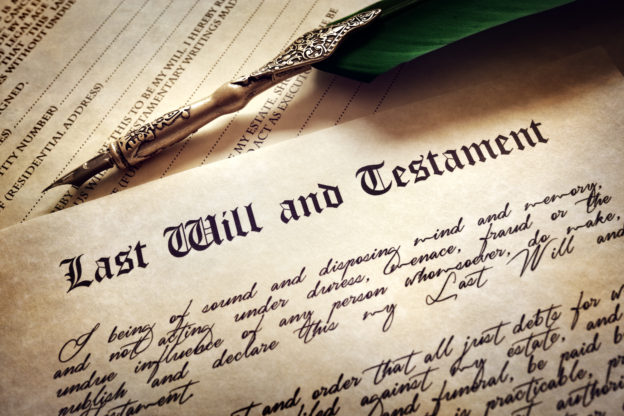What is Probate?
Probate is a court proceeding relating to a decedent’s estate (i.e. their property). A probate proceeding consists of two prongs. First Prong: Under the first prong, the court will determine who now owns the decedent’s property. (a) If the decedent is believed to have a Will, the court will determine whether or not the document purported to be the Will is, or is not, the valid Will of the decedent. If the document is found to be the decedent’s valid Will, it will generally state who receives the decedent’s property, and how they receive it. (b) If the decedent is found to have died without a Will, they are said to have died “intestate” and the court will determine who are the decedent’s heirs-at-law under the statutes of the Texas Estates Code. Essentially, if you die without a Will, the state of Texas will write one for you. There is also a good chance you won’t not like what it says. Who receives the decedent’s property as the heirs-at-law will depend on several factors such as: (i) Whether or not the decedent was married. (ii) If the decedent was married, whether or not the decedent’s property is classified as separate or community property. (iii) If the property is characterized as community property, whether or not the decedent had a child who is not also the child of the surviving spouse. Second Prong: The second prong is to determine whether or not an administration of the decedent’s estate is necessary. If the decedent’s debts and estate administration expenses need to be paid, the court will appoint a personal representative to do so as part of the estate administration. If an executor is named in a Will, the personal representative is called the executor. If there is not an executor named in a Will, the personal representative is called the administrator. The names may be different, but they both have the same job. In many circumstances an estate administration can be said to be “independent” meaning there is less court involvement during the administration.
Read moreProtecting Your Children’s Inheritance
Most people either have a very simple Will or no Will at all. As a result, most surviving children receive their inheritance outright and free of trust. An outright inheritance isn’t usually a problem unless the child is a minor, gets divorced, gets sued or has creditor issues. In these types of cases, the inheritance might be taken by the child’s creditors or divorcing spouse. The best way to protect your children from their potential creditor issues is to leave their inheritance in a trust for the child’s lifetime. A trust is a legal arrangement in which the assets of a trust are managed by the Trustee for the benefit of a beneficiary (i.e., your child). Each adult child can serve as his or her own Trustee if the parent believes the child is responsible. If not (or if the child is a minor), the parent can select another responsible person (usually a relative or family friend) or a bank’s trust department to serve as Trustee of the child’s trust. [NOTE: Minors cannot legally own property in Texas, so a trust is the superior method of providing an inheritance for minor children.] In a typical trust arrangement, the Trustee can distribute as much income and/or principal from the trust as is necessary for the beneficiary’s health, education, maintenance or support. This generally includes expenses for food, clothing, housing, medical, vehicles, education and vacations. More importantly, no one can force the Trustee to distribute trust assets to satisfy any debts of the beneficiary or judgments against the beneficiary (including bankruptcy and divorce). Historically, trusts have been commonly used to reduce or eliminate estate taxes for wealthy individuals. But now, trusts are becoming more popular as an asset protection strategy for more modest estates. In summary, a trust arrangement allows your descendants to fully enjoy the inheritance you have given them while insulating the assets from your child’s creditors’ claims. Sometimes you can get your cake and eat it, too! If you have any questions or if you would like to discuss adding a trust to your estate plan, please give us a call.
Read more

